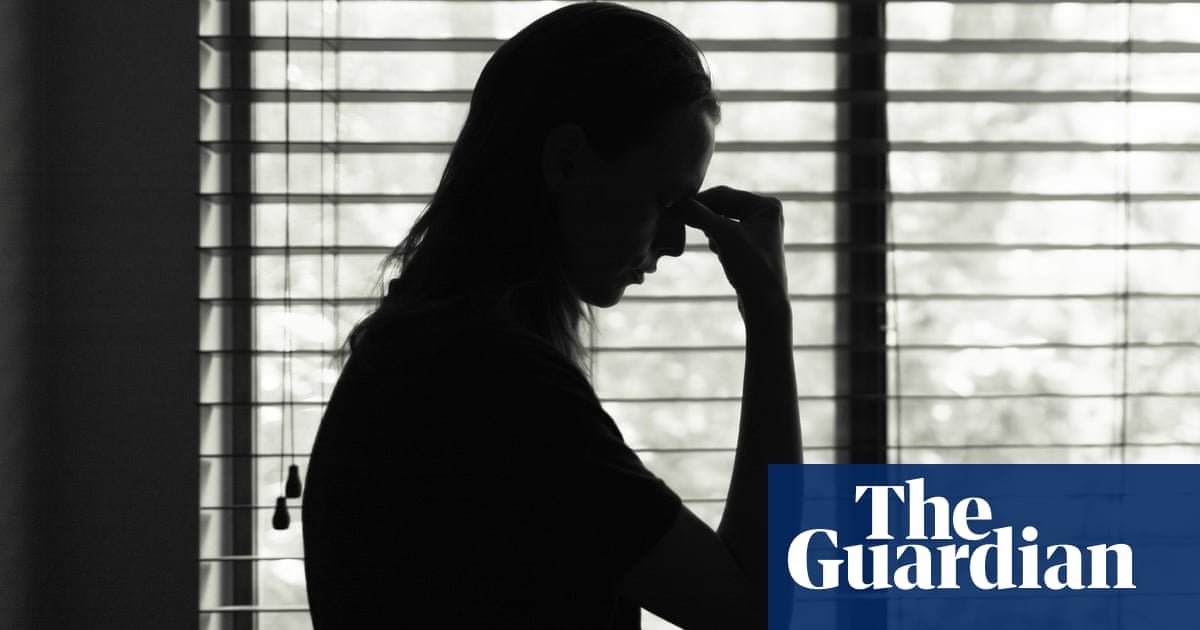Officials are examining whether to change the way domestic violence crimes are recorded after a campaign by an MP who says the lack of a specific offence allows abusers to be freed early from jail.
Josh Babarinde, the Liberal Democrats’ justice spokesperson, said a change would also help highlight the prevalence of domestic violence, which he said was still too often hidden.
Babarinde, the MP for Eastbourne, who was first elected in July, told the Guardian that his mother was subjected to domestic violence by a man when he was growing up, something that teachers and friends were ignorant about.
“I think it’s critical that the experience and trauma of survivors is honoured in the law and reflected in the criminal offence that their abuser is convicted of,” said Babarinde, who was also sometimes targeted by the man.
“There’s a real stigma around it. And, you know, as a society we need to work on that. One of the reasons that domestic violence, and domestic abuse more generally, thrives is because so much of it happens in the shadows.”
While domestic abuse can be an aggravating factor for sentencing, it does not exist as a specific offence. This was highlighted in September when during the emergency early release of 1,700 prisoners in England and Wales some abusers were set free, sometimes without their victims being told in advance.
Babarinde argues that specific offences would mean domestic abusers could be held back from any future releases – although the Ministry of Justice insisted September’s releases were a one-off due to the last government’s failure to deal with prison overcrowding.
A government source said that while the broader ideas in Babarinde’s plan – set out in a bill that he hopes could be attached to other crime-related legislation – would be looked at, nothing would happen before the completion of a wider review of sentencing policy being led by the Conservative former justice secretary David Gauke.
Babarinde said he had received private backing for his idea from Labour and Conservative MPs, and that a specific mention of domestic violence in someone’s record would also help manage their rehabilitation, while limiting risk.
While he is cautious about talking about his own experiences, Babarinde said he hoped to use the aftermath of the early release scheme to make the subject better noticed.
Before becoming an MP, he was a successful social entrepreneur who won an MBE for his work with young offenders and gang members. He said people had often been taken aback when he detailed what happened to him in childhood.
“There are people who I’ve shared some of my story with who have been surprised, and some of them have said: ‘You know what? This has happened to me and to my family.’ It’s kind of sparked a chain reaction. People don’t talk about it, they know there’s a real taboo. If we name it, we bring it into the open more,” he said.
Babarinde, 31, recalls the violence as creating a “really lonely” home life. “I would be upstairs in my room hearing an argument unfold, voices raised, shouts, screams, things smashed, and I would pull my covers over me and just sit crying. I didn’t know if my mum was OK.”
A Ministry of Justice spokesperson said: “Domestic abuse comes in many forms, not just physical. Under the current system, domestic abusers already face longer sentences as it is considered an aggravating factor in sentencing for a wide range of offences. However, the independent review of sentencing, led by David Gauke, has been tasked with looking at how best to address crimes of violence against women and girls in future.”
In the UK, call the national domestic abuse helpline on 0808 2000 247, or visit Women’s Aid. In the US, the domestic violence hotline is 1-800-799-SAFE (7233). In Australia, the national family violence counselling service is on 1800 737 732. Other international helplines may be found via www.befrienders.org.
